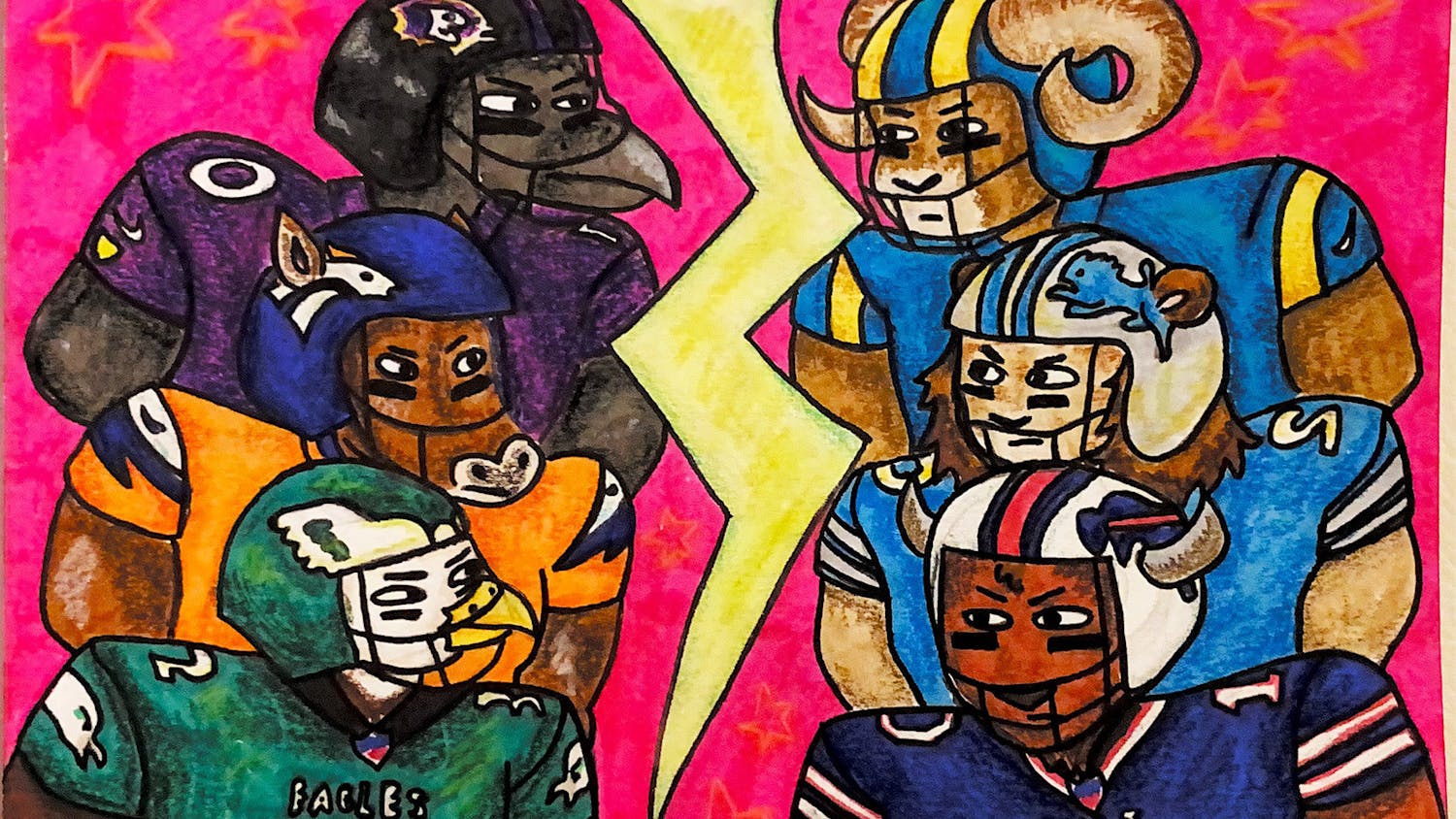news@dailylobo.com
The psychiatrist who identified himself as a UNM professor in a petition to remove post-traumatic stress disorder from New Mexico’s Medical Cannabis Program (MCP) says he did not know that his contract with UNM had been terminated.
William Ulwelling said he was not notified by the University that his appointment as a volunteer professor expired in 2007. He said he learned about his termination only after a television reporter told him about it during an interview after news about his controversial petition broke.
“Unbeknownst to me in 2007, they didn’t send me the request to remove letter, which they usually do,” he said. “I really don’t know why it lapsed. Certainly if I had known, I would have changed my letterhead.”
Ulwelling said the University may have failed to contact him if they tried to reach him at his office number, which was already deactivated at the time. He said he closed his medical practice in 2006.
“I think it was just a communication oversight,” he said.
But UNMH communications director Billy Sparks said Ulwelling was notified by the University in writing shortly after his position expired.
“The correspondence sent to him stated that his voluntary position expired on Dec. 31, 2007,” Sparks said.
Sparks would not say whether the University confirmed that Ulwelling received the letter. He declined to comment further and ended the interview.
Ulwelling said he did not intend to represent UNM’s stance on the use of medical marijuana for PTSD patients in his petition by signing it as an assistant professor of the University. He said he only used the title to establish the legitimacy of the petition.
“I never claimed in my petition that I endorsed (the University),” he said. “I just wanted to show that I’m in good standing with my fellow professionals, and that I’m board certified.
”
The Daily Lobo cited on Oct. 5 a letter that psychiatric nurse practitioner Bryan Krumm sent to Ulwelling challenging Ulwelling’s petition. In the letter, Krumm cited Estate of Eric Haar v. Ulwelling and quoted from the appellate judge’s opinion in the case, saying “…Eric Haar described you (Ulwelling) as ‘cold, impersonal, and didn’t really care or didn’t want to take the time to care.’”
Ulwelling said that, contrary to what the Daily Lobo reported in an Oct. 5 article, the claim he filed a lawsuit against his former patient Eric Haar is untrue. He said Haar’s estate filed the 2003 lawsuit against various medical practitioners in New Mexico after Haar committed suicide in 2000.
Ulwelling said that because the Medical Cannabis Program was not legalized until 2007, he was not able to prescribe medical marijuana to Haar.
Get content from The Daily Lobo delivered to your inbox
According to case detail from the New Mexico Courts, Haar’s family and friends filed against Ulwelling and six other medical practices and practitioners for “wrongful death.” Judge Valerie Huling removed Ulwelling from the lawsuit in June 2007, according to court records.
Ulwelling said the main reason behind his petition is that studies suggest that PTSD patients are more vulnerable to substance abuse.
He said 60 percent of PTSD patients become addicted to a specific substance, which causes psychotic symptoms, such as paranoia and hallucinations.
But Ulwelling said that, despite having sufficient experience treating PTSD patients, he never prescribed medical marijuana to his patients because he closed his medical office before the MCP was legalized in 2007.
“I certainly have had plenty of experience with PTSD patients, but I stopped seeing patients before medical marijuana was legalized,” he said. “Any treatment needs to be shown as safe and efficacious before it should be used for patients.”
Ulwelling said he is working on an action paper that urges the American Psychiatric Association to adopt his point of view about the ineligibility of PTSD for medical marijuana prescriptions. He said the paper was approved by the APA’s Council on Addiction in April, and by the New Mexico Psychiatric Association and the National Assembly of the APA in May.
For his paper to be officially accepted by the APA, Ulwelling said he has to attend a hearing before organization’s board of trustees. He said he plans to get the board’s approval at its next meeting in December.
Ulwelling said that on Wednesday, he will pitch his case to the MCP’s Medical Advisory Board.
“I think it would be a harmful thing to keep PTSD in the MCP,” he said. “It’s important that I present this as a doctor. After that, it’s out of my hands.”
Ulwelling said he will continue to push through with his petition and his action paper, despite threats by other practitioners to file a complaint against his medical license. He said he is positive his initiatives will succeed.
“It’s not a good idea to experiment with the people of New Mexico to determine whether the treatment is safe and efficacious,” he said. “Just because people disagree with me and threaten me doesn’t mean I will withdraw the petition.”





